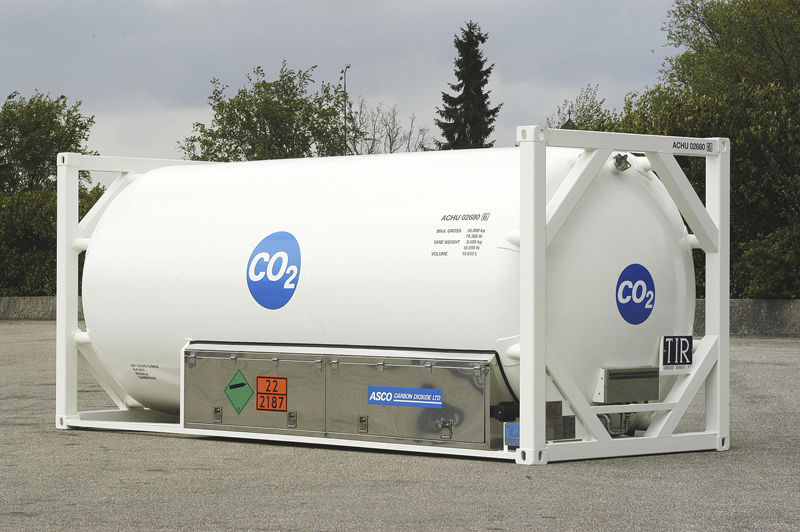
Supply of captive carbon dioxide appears to be stabilising throughout Europe following scares over a shortage of the gas that has affected the UK’s food and drinks industry.
The gas is widely used in the food processing and beverage sector and companies including Booker, Heineken, Warburtons and Coca-Cola admitted experiencing supply issues as a result of the crisis.
The shortage stemmed from the temporary closure for maintenance of several UK and European fertiliser plants, which produce ammonia. Carbon dioxide is a by-product of the ammonia production process, making these plants a key source of the gas.
There are five main sources of food grade CO2 in the UK, and only two of these, near Manchester, have been operational for the best part of the last month. The other three – two ammonia plants at Billingham and Wilton in the North East and a bio-ethanol plant near Ipswich – have been closed.
It is generally understood that fertiliser plants close for routine maintenance as summer approaches. This year, however, with higher natural gas pricing and the current low price of ammonia, some European fertiliser producers have prolonged the closure of their plants on economic grounds.
This has affected the availability of CO2, which is not a high priority for fertiliser producers as the gas is a relatively low value waste product for them. However, the situation now seems to be improving with a number of plants having resumed production.
The two biggest sources of CO2 in the UK are the CF Industries ammonia plants at Billingham and Ince in Cheshire, and these restarted operations at the end of June. A spokesperson for the Chemical Industries Association commented: “At the time of the shortage, the Ince site was working hard to ensure that there were raw materials available and supplies, while the Billingham site experienced technical issues rather than maintenance closures.
Several plants have also come back online and are ramping up production in north-west Europe.
A spokesperson for the Food and Drink Federation said on 2 July: “We understand that a number of the plants which were down due to maintenance or repair have now resumed CO2 production. However, due to the length of supply disruption we believe we are likely to see an ongoing impact on the choice of food and drink products available to consumers.”
City analyst Liberum added that longer term European supply arrangements could remain fragile. Though this year’s supply problems will ease as ammonia plant maintenance shutdowns come to an end, the firm says the source of the problem is unlikely to be resolved quickly.
“The supply of CO2 to European food, beverage and water companies depends on the economics of the European ammonia industry and the competitiveness of that industry in global terms is not great due to relatively high natural gas input costs,” it said.

